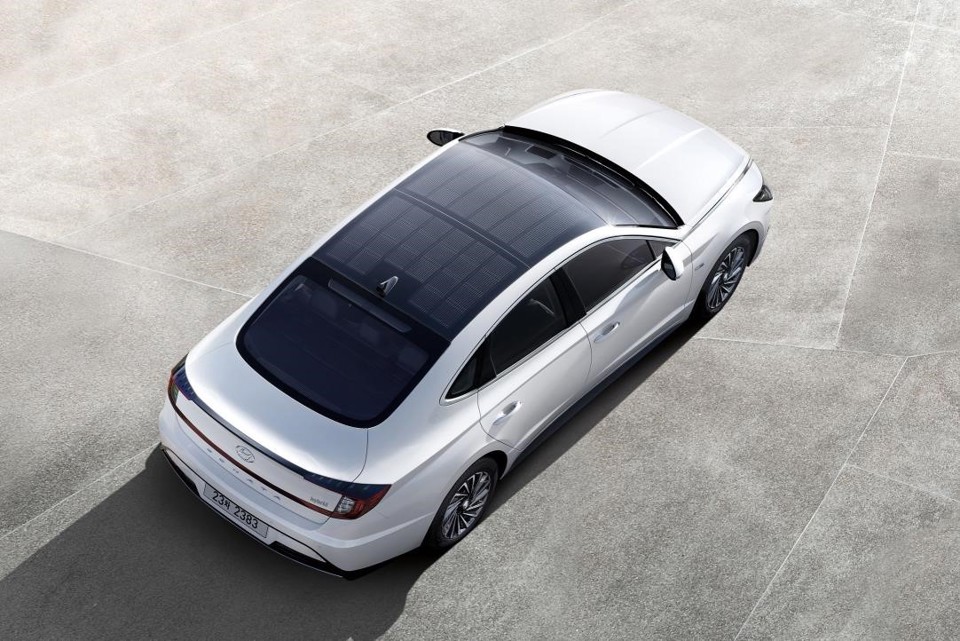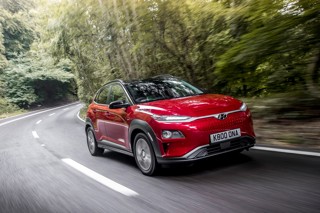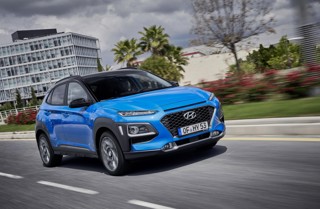Hyundai is launching its first car with a solar roof charging system that can provide vehicles with additional electrical power, as well as increasing fuel efficiency and driving range.
The system makes its debut on the new Sonata Hybrid, a car that is only offered in the Korean market.
It works by supporting the vehicle’s electric power source, to improve fuel efficiency and reduce CO2 emissions.
Hyundai says it will roll out the technology to other vehicles across its range in the coming years.
“Solar roof technology is a good example of how Hyundai Motor is moving towards becoming a clean mobility provider. The technology allows our customers to actively tackle emissions issue” said, Heui Won Yang, senior vice president and head of Body Tech Unit of Hyundai Motor Group. “We are striving to further expand the application of the technology beyond eco-friendly vehicle line up to vehicles with internal combustion engine.”
The solar roof system includes a structure of silicon solar panels that are mounted on the car’s roof. Being able to charge even while driving, the solar roof system can charge 30 to 60% of the battery per day during a six hour period.
It is expected to provide 800 miles of travel annually.
The system is composed of a solar panel and a controller. Electricity is produced when solar energy activates the solar panel’s surface, which converts this energy by using photons of light from the sun. This creates the electron-hole pairs in silicon cells, which generate solar electricity.
The electricity from this process is converted to the standard voltage by the controller, then stored in the battery. Hyundai Motor took not only efficiency but also design into account while developing the solar charging system.
While the solar roof system currently plays a supporting role, it opens up perspectives for vehicles that no longer need fossil fuel to operate.























John4870 - 05/08/2019 12:10
What a good idea. Just like Toyota offered 3 years before. The car in front is still a Toyota!